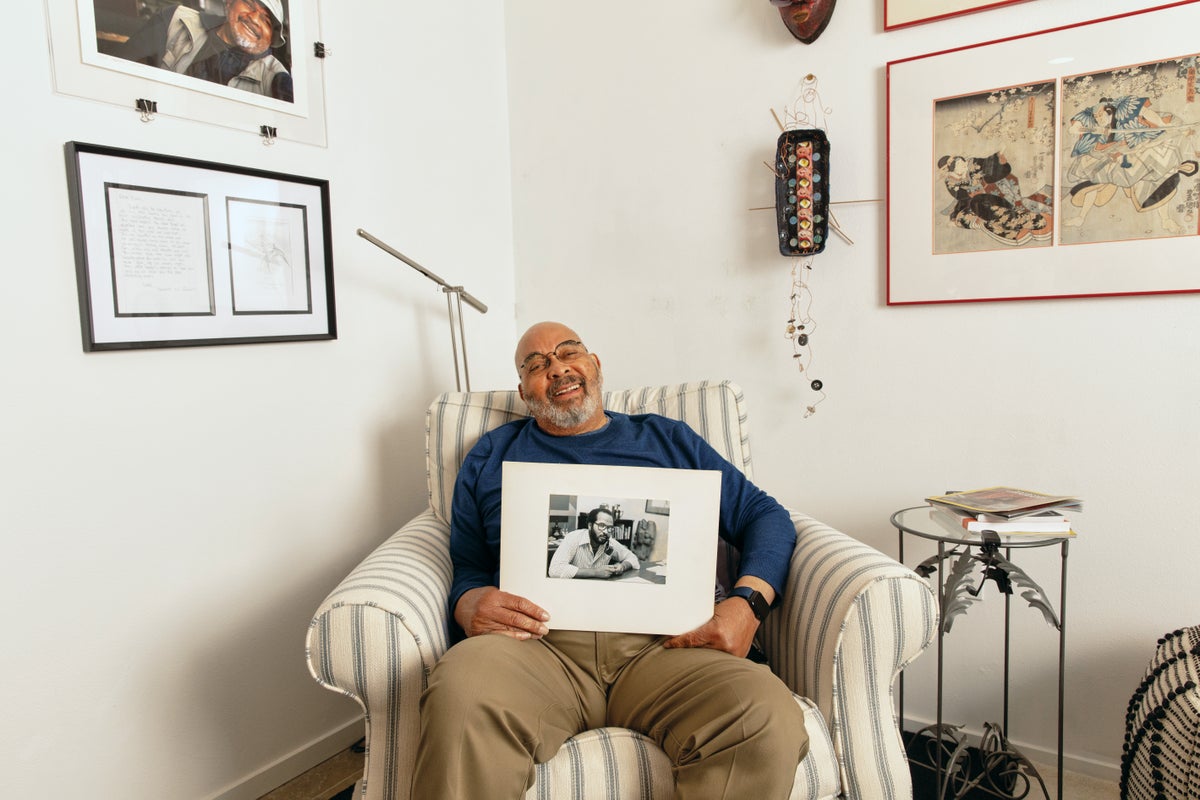This article is part of “Innovations In: Alzheimer’s Disease” an editorially independent special report that was produced with financial support from Eisai.
About four years ago Clifford Harper, then 85, announced to his wife that he was quitting alcohol. Harper wasn’t a heavy drinker but enjoyed a good Japanese whiskey. It was the first of a series of changes Linda Kostalik saw in her husband. After he’d cleared out the liquor cabinet, Harper, a prolific academic who has authored several books, announced he was tired of writing. Next the once daily runner quit going to the gym. Kostalik noticed he also was growing more forgetful.
The behaviors were unusual enough that, at an annual physical, the couple’s physician recommended they consult a neurologist. A battery of medical tests and brain scans revealed that Harper’s surprising actions and memory loss were the result of dementia.
On supporting science journalism
If you’re enjoying this article, consider supporting our award-winning journalism by subscribing. By purchasing a subscription you are helping to ensure the future of impactful stories about the discoveries and ideas shaping our world today.
Harper’s neurologist at Oregon Health & Science University (OHSU) asked whether he might like to enroll in a long-running study of dementia in African Americans.* The study’s focus on Black health piqued Harper’s interest, and he decided to participate for as long as he could. “I hope it will help other men like me,” Harper says.
As a Black American, Harper faces a risk of Alzheimer’s disease and other dementias that is twice that of white Americans his age. The reasons for this disparity are still unclear, but researchers know Black Americans are particularly vulnerable to a number of confirmed risk factors, such as living in areas with higher rates of air pollution and encountering difficulties accessing healthy foods…
